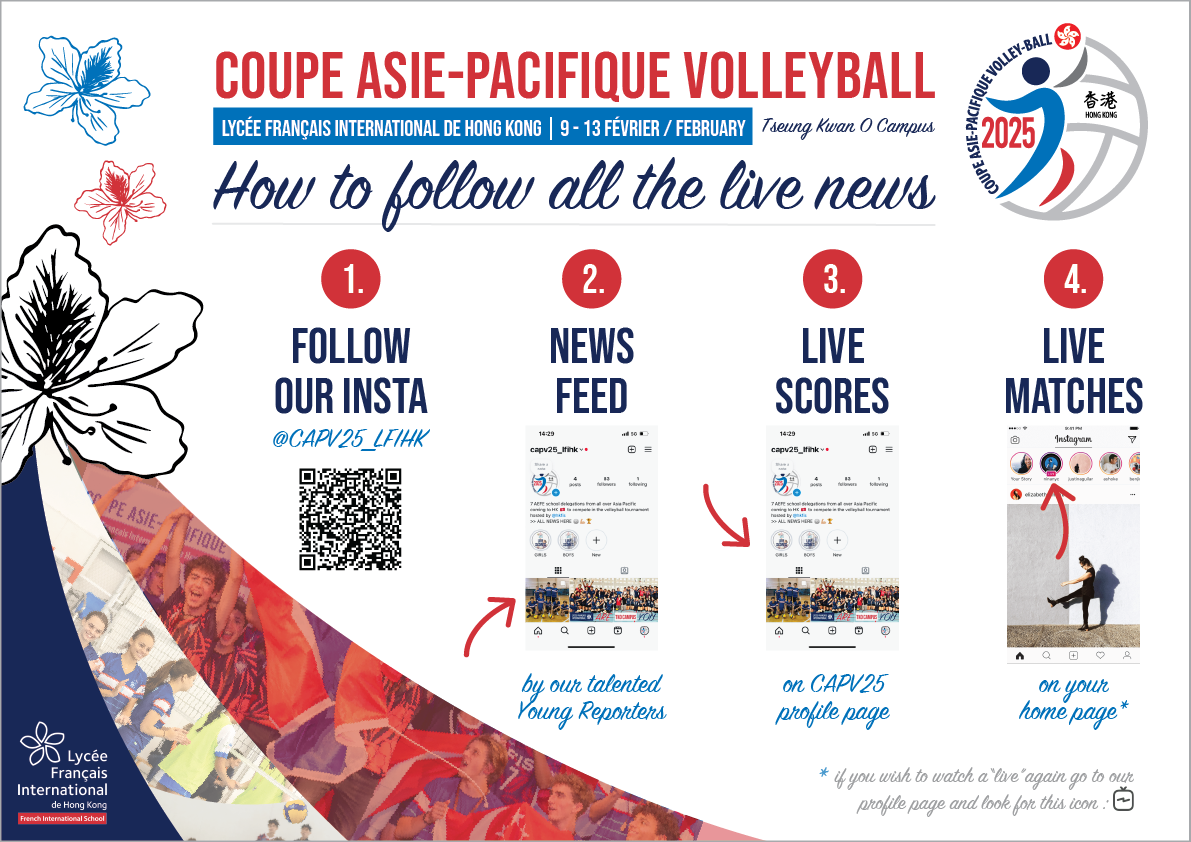Global Competences and Classroom Approaches

Global Competences and International Mindedness
We have been developing our program for international-mindedness with an extra focus on global competencies. This is in line with the school's sustainable development committee and the IEYC/IPC refocus.
Working with students, teachers and parents, we created our new definition of Global Competency for IS Primary FI:S “ At FIS Global competent learners are inclusive and diverse, respect other backgrounds and apply critical thinking to global issues.”
Global Competences focuses students on actions they can take: recycling, gardening, composting, reducing food waste, and beach cleaning. This goes further to how students can explain essential messages to parents and their families about Fairtrade, Global warming, the importance of recycling, and the sustainability development goals (SDGs).
From 2020, the IEYC/IPC units your children study integrate the sustainability development goals (SDGs) appropriate to the unit.
The Global Competences provides a set of competencies that are essential for students to thrive in the 21st century. These competencies are integrated into our curriculum. The competencies include:
- Critical thinking and problem-solving: The ability to analyse, evaluate, and solve complex problems.
- Communication and collaboration: The ability to communicate effectively and work collaboratively with others.
- Creativity and imagination: The ability to think creatively, generate new ideas, and innovate.
- Digital literacy: The ability to use digital tools and technologies effectively and responsibly.
- Civic responsibility: The ability to understand and contribute to the community and society.
- Intercultural awareness: The ability to understand and respect different cultures and perspectives.
- Self-awareness and self-direction: The ability to take responsibility for one's own learning and personal development.
Classroom approaches
In the IEYC, IPC, and throughout all subjects in the early years and primary levels, we have established agreed-upon classroom approaches. These approaches are outlined in our Teaching and Learning Policy, which can be found in the IS Primary section of Mylfis. The purpose of these classroom approaches is to support our students in achieving the school's mission. Some of the key classroom practices we have agreed upon include:
Talk Partners: Encouraging students to work collaboratively in pairs or small groups to foster discussion, communication, and active participation.
Observations: Teachers regularly observe students' learning processes and behaviours to gain insights into their progress, strengths, and areas for improvement.
Modelling/Demonstrating: Teachers provide demonstrations and examples to illustrate concepts and skills, helping students understand and apply new knowledge.
Scaffolding: Teachers provide support, guidance, and resources to assist students in tackling challenging tasks or concepts, gradually reducing assistance as students gain confidence and competence.
Setting an Appropriate and Sufficient Challenge: Teachers ensure that learning activities are appropriately challenging for each student, striking a balance between promoting growth and avoiding overwhelming tasks.
Differentiated Learning Opportunities: Teachers offer varied learning opportunities and activities tailored to meet the diverse needs, abilities, and learning styles of students.
Self & Peer Assessment and Reflection Practices: Students are encouraged to assess their own work, reflect on their learning progress, and provide constructive feedback to their peers, fostering self-awareness and metacognitive skills.
By implementing these agreed-upon classroom approaches, we aim to create a supportive and engaging learning environment where students can thrive academically and holistically.
If you have any further questions or would like more details, please look at the Milepost handbooks.







